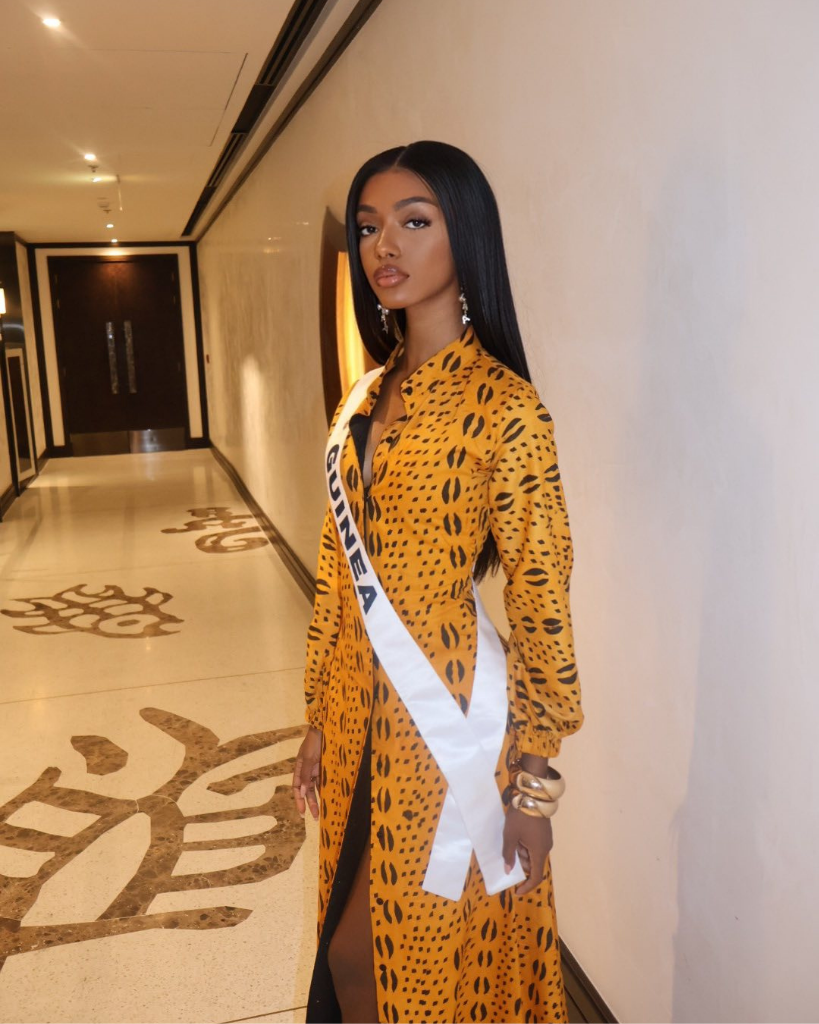Miss Africa, vectors of identity and soft power
Africa’s growing involvement in international beauty competitions has become a major phenomenon, revealing crucial issues of national identity, economics and cultural diplomacy. African Misses are no longer mere contestants, but figures at the heart of a narrative strategy aimed at transforming the continent’s narrative on the world stage. This year’s Miss Côte D’ivoire, Miss Guinea, Miss Ghana, Miss South Africa, Miss Nigeria, Miss Rwanda, Miss Angola, Miss Senegal, Miss Democratic Republic of Congo, Miss Bostwana, Miss Cabo Verde, Miss Egypt, Miss Equatorial Guinea, Miss Mauritius, Miss Namibia, Miss Mayotte, Miss
The beauty pageant business model
The economic architecture of pageants is twofold. On an international scale, the Miss Universe model is based on the monetization of intellectual property (IP) through entry fees, broadcast rights and sponsorship. The future of this IP lies in licensing and the development of the Miss brand beyond the simple television event.
At national level, the financing of African committees is often based on a more delicate balance between government subsidies and commercial partnerships. This dependence creates a risk of politicization, as illustrated by the debates surrounding the election of Miss Côte d’Ivoire 2025. Faced with these challenges, some, like
Redefining international beauty standards
The most political role of African competitions is undoubtedly their ability to challenge the aesthetic hegemony that has long favored Western representations of femininity.
Historically, competitions have promoted very uniform criteria. Today, a movement of self-acceptance is pushing organizers to be more daring. Côte d’Ivoire, for example, is the only African country to impose a rule banning wigs and locks during its pageant. This measure, though debated, is a strong act aimed at promoting natural beauty and combating hair pathologies linked to the abuse of extensions. By taking a stance on hair choices, which are deeply rooted in identity, the African committees are transforming the competition into an explicit cultural statement.
Inclusivity is also a powerful identity lever. The participation of diverse profiles, such as the young albino woman Aïssatou Dioumo Diallo in Miss Guinea 2023, offers maximum visibility to traditionally marginalized communities, transforming the platform into a tool for social education and acceptance.
Misses as ambassadors of African soft power
The Misses are ambassadors who carry a complex narrative, aiming to “demolish prejudice” and improve a nation’s image abroad. Their mission is often explicitly diplomatic: to promote tourism, culture, sustainable development and job creation.
The success of a candidate like Olivia Yacé, Miss Côte d’Ivoire, for example, creates national pride and projects the image of a modern, high-performance nation. Guinea’s return to international podiums with the participation of Miss Guinea 2024
Nevertheless, the societal impact of these pageants still faces fundamental criticisms of objectification and ethical suspicion. To ensure that the Miss title symbolizes leadership and not mere exposure, the sustainability and transparency of the Misses’ social commitments are essential.
The rise of African Misses on the world stage is an evolving phenomenon, essential to the affirmation of lasting aesthetic sovereignty. They offer a positive and ambitious frame of reference for all young women on the continent and in the diaspora, proving that beauty can be synonymous with impact and responsibility.
Read more



